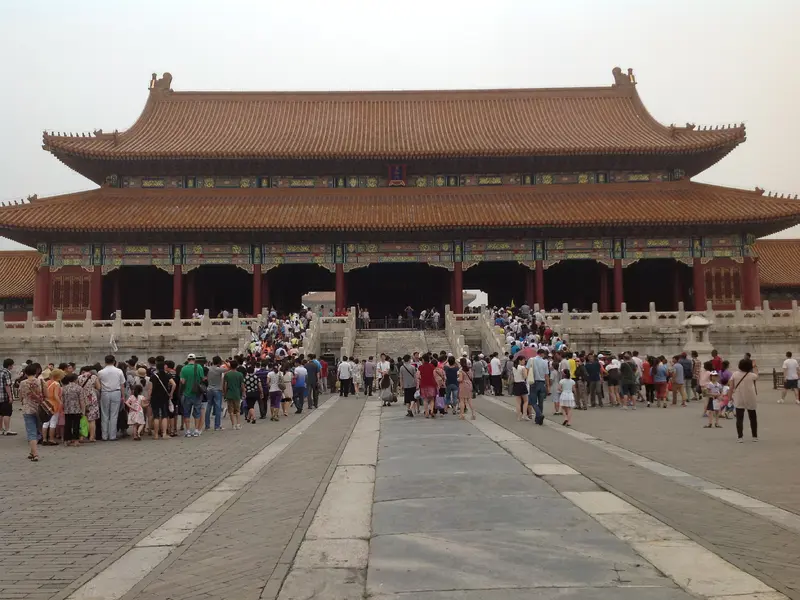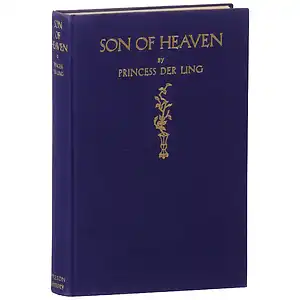Son of Heaven
A review of the book about Guangxu Emperor, "Son of Heaven", has been posted on Goodreads.
Son of Heaven by Der Ling
My rating: 3 of 5 stars
This book provides a glimpse into the life of Kwang Hsu (Guangxu Emperor), and the complicated circumstances in which he lived that few understand, even today. Overall Der Ling did a very good job describing what life was like in the final years of Imperial China, in this book and in her previous works. If she had not shared her story, much of what is known about life inside the walls of the Forbidden City would be based on rumor and speculation.
However, there are some accounts which are factually inaccurate. For instance, court intrigues like the supposed animosity between Jin Fei and her sister, the Pearl Concubine. And, the account of Prince Chun's experience during the birth of his son, including the dialog with the astrologer. In her position she would not have been privy to any of that, all is either completely fictional or based on rumor and heresay. There is a lot of that in all of her books, some more than others.
It's helpful to keep in mind that she was only in the court for two years, and therefore some of the details she shared about events that happened in the years before her arrival, or the years after she left, were second and third hand accounts that had undoubtedly been embellished before being retold. As she pointed out in "Two Years in the Forbidden City", eunuchs and servants were notorious for gossiping about things they did not understand, which many people outside of the court assumed must be true.
As for what she got right, I for one agree when she states on page 212, "He knew that there were more conservatives than the men in favor of reform, and in this crisis their view had to be considered. It would have been fatal to both his reforms and himself to have done other than what he did. Unfortunately this has caused many to think him a weakling and of no consequence. On the contrary, he was a strong, clear-sighted man of great courage, but was a victim of his time..."
Coming from someone who knew and interacted with Kwang Hsu nearly daily for several years, and someone who understood the culture and traditions involved, that says a lot. And, considering the degree to which the entire bureaucracy had become corrupted by self-serving isolationists, it seems his attempts at reform were indeed brave. It would have certainly been easier to simply go along, not make too many waves, and enjoy the benefits of his position...
"Nothing discloses real character like the use of power. It is easy for the weak to be gentle. Most people can bear adversity. But if you wish to know what a man really is, give him power." -Robert G. Ingersoll
However, contrary to the official story, he was arrested and forcefully deposed against his will. Der Ling is right, leading up to the important reforms things were done the way they were to prevent interference, and obviously mistakes were made, but he most certainly did not simply forfeit his position and defer to Cixi. The official story appears to give her legitimacy, but in reality it was a coup, the Emperor was arrested.
Definitely worth a read, as long as one remembers that her perspective was very limited, by design.
https://www.goodreads.com/review/show/5944091390
Read Online: HathiTrust Digital Library


